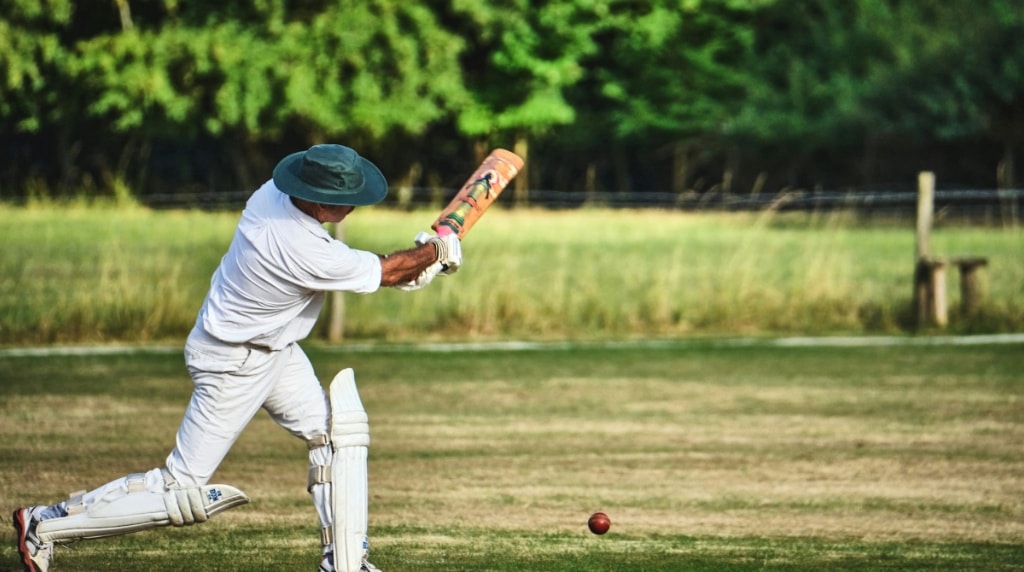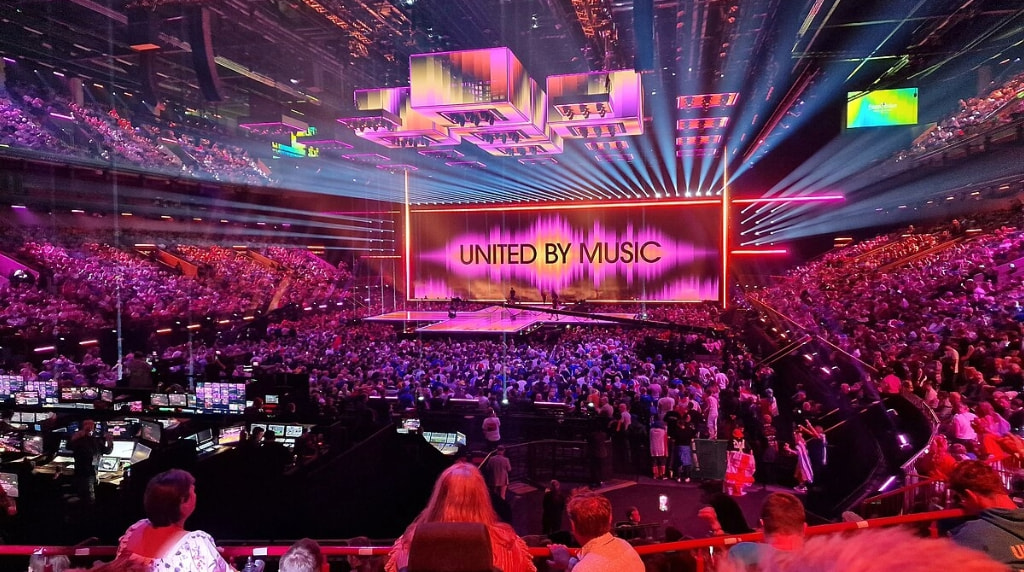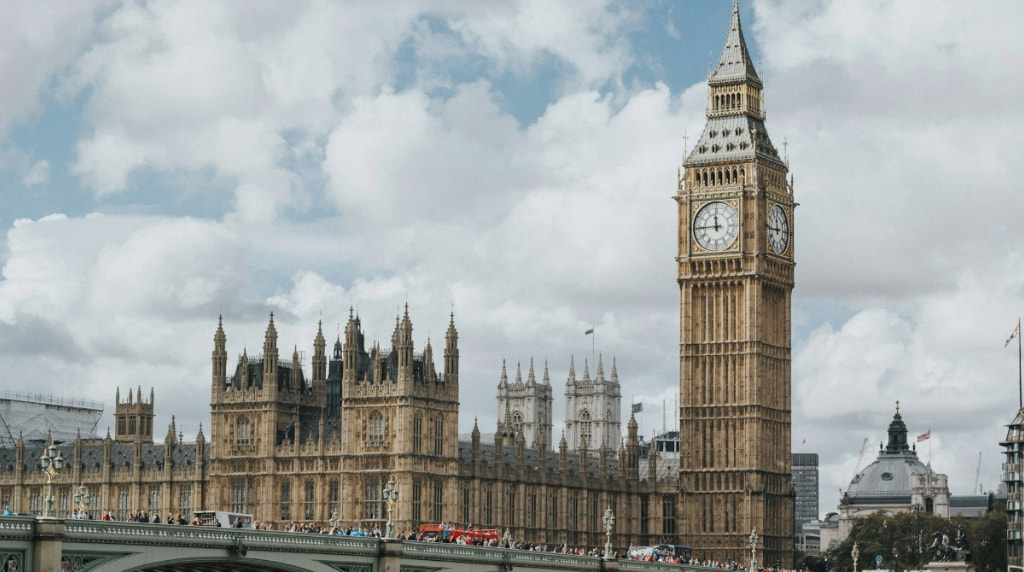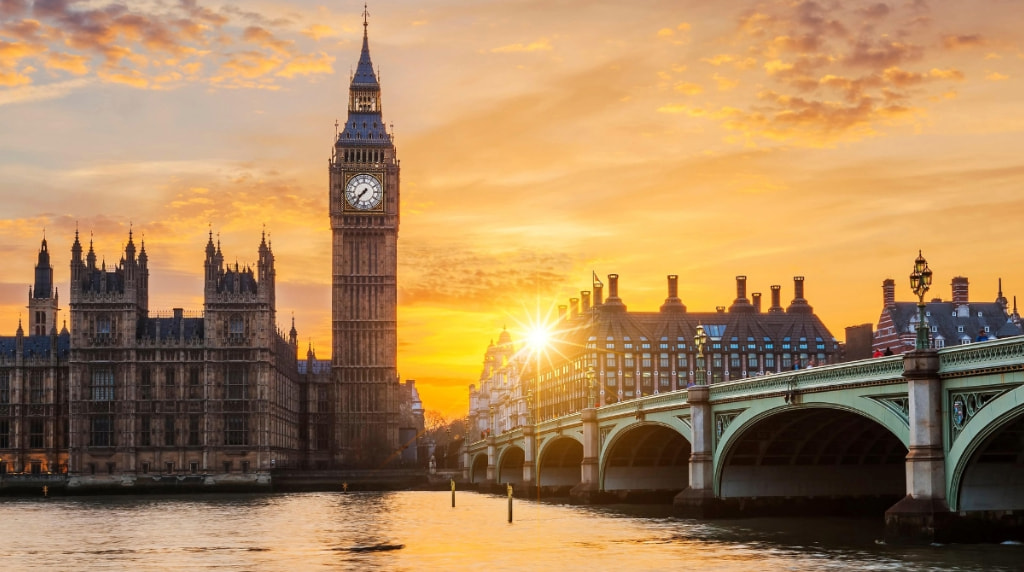Brazil’s Latest Online Gambling Licence Requirements
Brazilian gambling enthusiasts are abuzz with anticipation as the country officially starts moving towards a regulated iGaming market. The process started in December 2023 with the passing of the fixed-odds betting law. Now, the ball is rolling, and a new ordinance has outlined the technical requirements for licence applicants.

Brazil updates its online gambling legislation. © rawpixel, 123RF Free Images
Overview of Brasil’s iGaming Regulations
Law 14,790 was passed in Brazil on December 30, 2023. This followed lengthy debates throughout the whole year. The law outlined the national licensing regime for fixed-odds betting houses. Basically, this means bookmakers and various other online gambling operators, including casinos and bingo.
The law contains several key provisions:
- All betting houses now require authorisation from the Brazilian Ministry of Finance
- International betting houses need to establish a Brazilian subsidiary
- A tax of 15% is set for bettors’ winnings (12% for companies)
- Fairplay and corporate governance requirements are outlined
As you can see, there are some controversies surrounding the new law, particularly in regard to players’ winnings taxation. However, the chief aim of the new legislation is to provide a boost for the Brazilian economy. The Federal Government estimates a boost of $618,000,000 per year for the budget.
The Latest Regulatory Update
Ordinance 1,207 was published in Brazil’s Official Gazette on July 31, 2024. It provides detailed requirements for obtaining an iGaming licence in Brazil. The key points include:
- Licensing Requirements
- Permitted Games
- Technical Standards
- Responsible Gambling Measures
The key difference compared to our previous update on the topic is that these regulations outline the roadmap for the introduction of forms of online gambling other than sports betting. The ordinance paves the way for mainstream casino games such as slots, roulette and blackjack, as well as online bingo. The regulations stipulate a minimum RTP (Return to Player) of 85% for all games. Additionally, advertised top prizes must be realistically attainable, with a requirement for at least one win for every 100 million players.
Live dealer casinos, a popular hit with online gambling fans, are also addressed in the ordinance. Strict requirements are in place to ensure the integrity of real dealer games, including provisions for physical security, surveillance systems, and authorised access.
Brazil vs. UK: A Regulatory Comparison
The United Kingdom can be considered one of the staples for online gambling regulations. The Gambling Act of 2005 established the main framework over two decades ago, but similarly to Brazil, there have been recent trends in providing more robust legislation.
There are key similarities between the two models, particularly in terms of advertising. Brazil has implemented strict regulations that limit advertising channels and messaging. This borrows heavily from recent measures undertaken by the UK’s Gambling Commission.
The key difference between the two models is in the taxation requirements. While Brazil plans to implement a 15% tax on player winnings, in the UK, the tax is placed on the gross yield of gambling companies instead.



